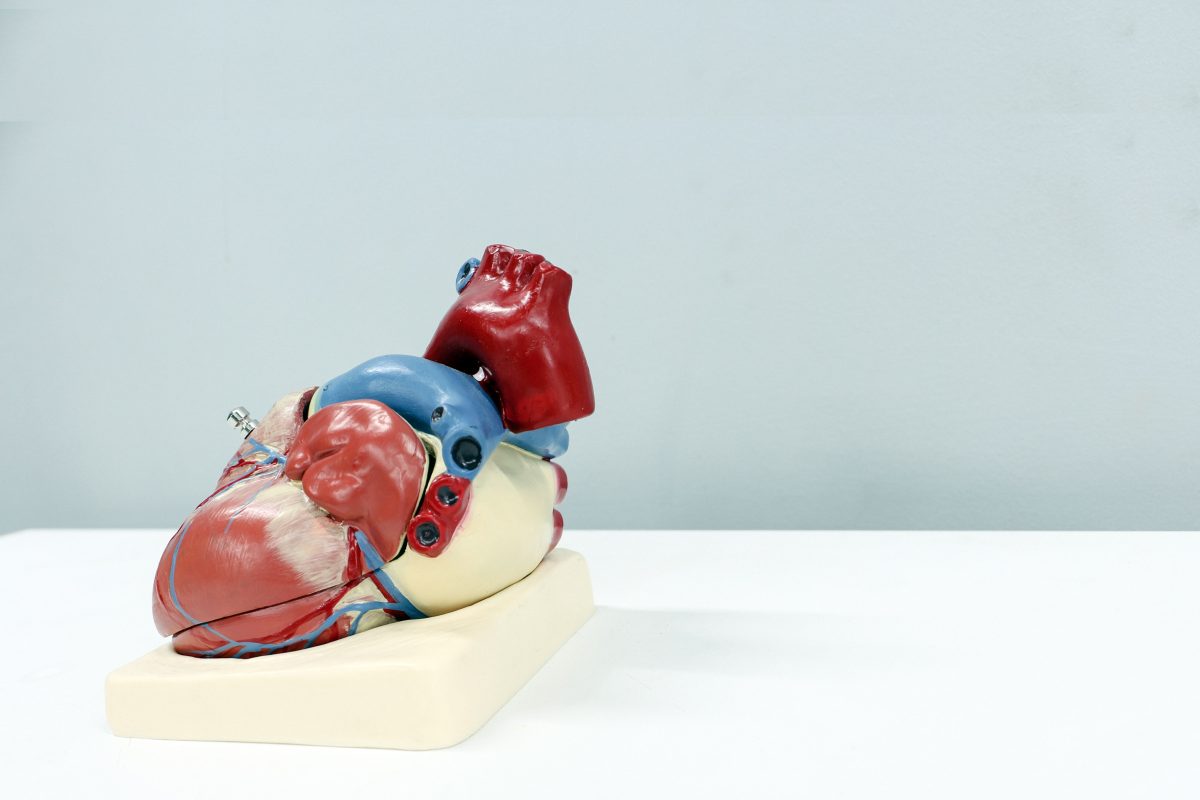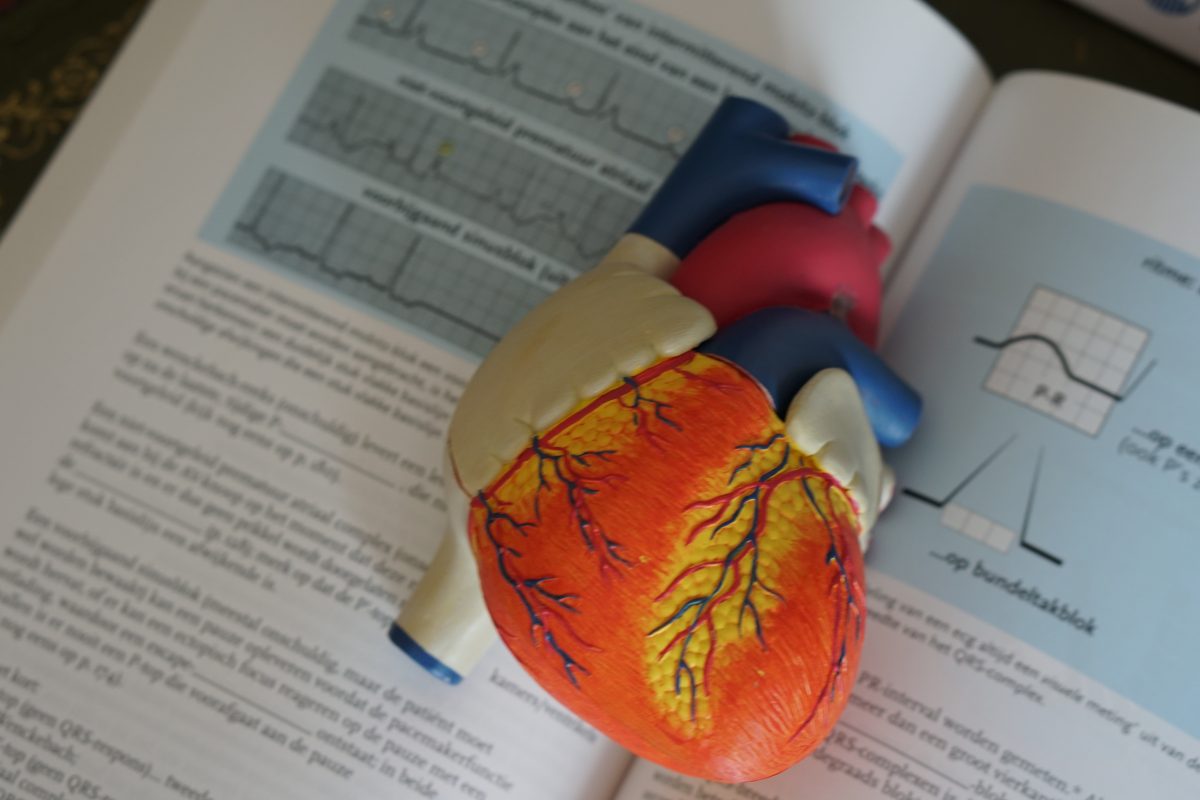An emotional, social and physical connection between alcohol and your heart
Drinking alcohol is associated with aggressive behaviour, accidents and several health problems. Yet many people choose to drink socially (at first). Alcohol makes the person feel euphoric and less anxious. Alcohol may also make people feel more empathic, and other people may appear more attractive.
When a person drinks, the alcohol binds itself to a specific receptor in the brain and boosts the activity of GABA – a natural brain chemical.
Early in a drinking session, the alcohol boosts dopamine levels through its impact on GABA. This gives the drinker a sense of well-being and mild euphoria. Alcohol also acts on GABA receptors to restrict the activity of the brain circuits that make us feel anxious. At higher doses, alcohol inactivates the second set of brain circuits that control fear. So any threatening stimuli no longer seem so scary. Alcohol also compromises a person’s ability to calculate risk, so situations a person would generally shy away from may now seem quite inviting and challenging.
Alcohol also impairs the drinker’s ability to interpret emotional expressions in faces accurately. As they drink, they tend to inaccurately assume that some facial expressions of negative emotions are happy, and they find it particularly difficult to identify sad and angry faces. This makes them prone to making embarrassing social errors.

Alcohol and emotions
Alcohol impacts all areas of a person. It damages their health in many ways, strains and breaks relationships, and leads to loss of jobs and other opportunities. An alcoholic also begins to lose touch with real emotions and tries to manage feelings with alcohol. An alcoholic drink to celebrate a happy occasion, drinks when feeling angry, sad, lonely, or amongst friends. It seems the alcoholic needs alcohol to express any emotion.
The alcoholic can also not accurately identify their feelings and express them appropriately. Fear is often misinterpreted or expressed as anger. Resentments are justified. Shame is converted to blame or simply denied.
I drank for happiness and became unhappy.
I drank for joy and became miserable.
I drank for sociability and became argumentative.
I drank for sophistication and became obnoxious. Id ran for friendship and made enemies.
I drank for sleep and woke up tired.
I drank for strength and felt weak.
I drank for relaxation and got the shakes.
I drank for courage and became afraid.
I drank for confidence and became doubtful.
I drank to make conversation easier and slurred my speech.
I drank to feel heavenly and ended up feeling like hell.
- Anonymous
Alcohol and the heart
Alcohol and its metabolite acetaldehyde directly injure cell membranes and damage the mitochondria in the heart muscle, disrupting heart muscle activity and reducing the effectiveness of muscle contractions.
Drinking moderately or excessively also contributes to increased triglyceride (blood fat) levels and decreased amounts of high-density lipoproteins (“good cholesterol); both events can lead to fatty deposits in the arteries. As a result, high blood pressure, cardiac arrhythmia, and alcoholic cardiomyopathy are standard in the middle- and late-stage alcoholics and contribute to approximately 30 per cent of alcoholic deaths. High blood pressure also increases the demand on blood vessels in the brain, leading to a greater risk of stroke.
Most alcoholic heart problems are reversible if treated early in the disease.
So, alcohol and the heart have an intimate relationship, whether it is a physical or emotional connection. Alcohol is not good for your heart – period.

If you or a loved one is having an addiction issue, call Freephone 0800 140 4044
Freephone: 0800 140 4044
Local rate: 0300 330 3040

